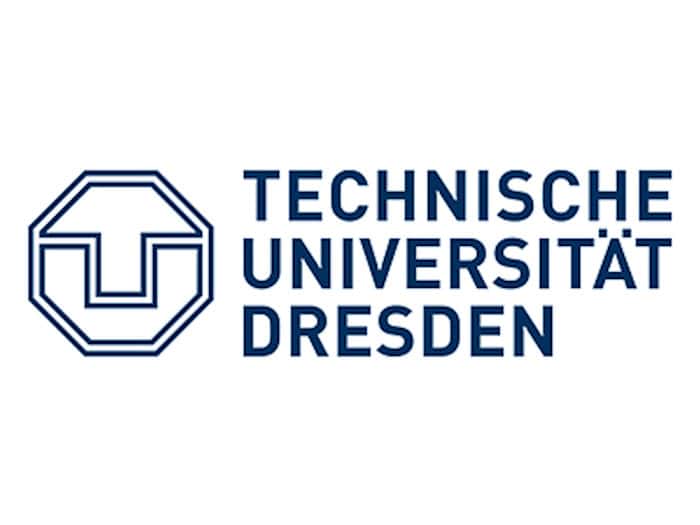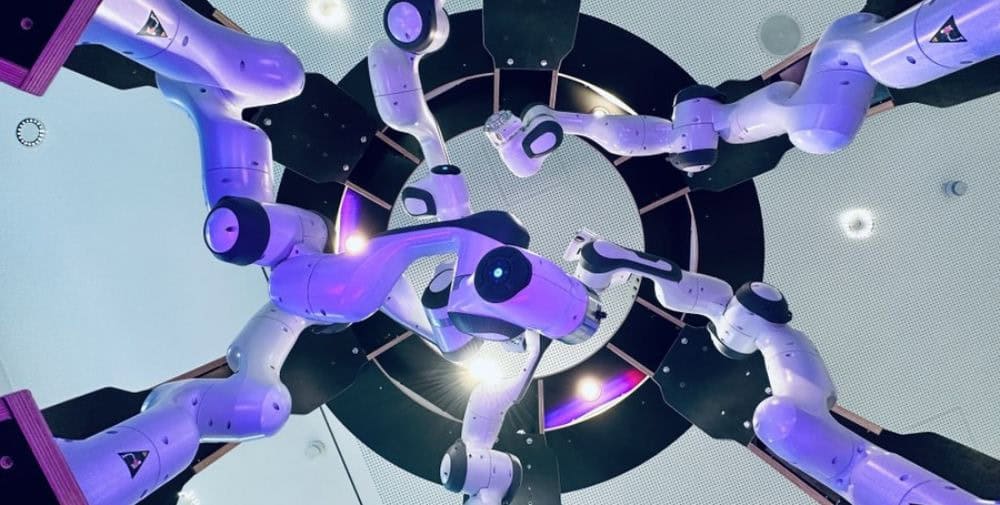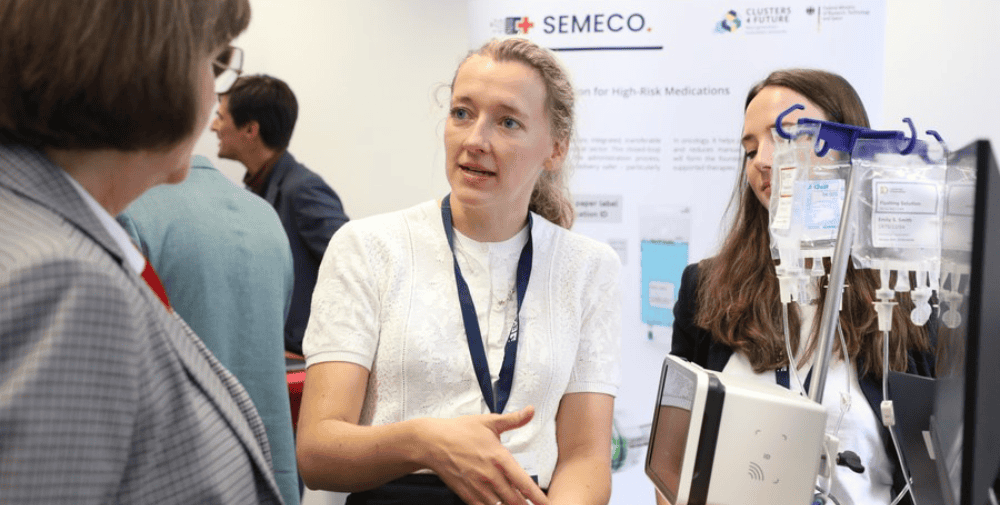
With a strong network, the RIG aims to develop a forward-looking concept for AI-based robotics and thus respond to the international trend of investment in this research field. The starting conditions are good: Germany’s robotics researchers are among the international leaders in AI-based robotics and are making significant contributions to the global robotics landscape. This includes the TU Dresden with research within the Cluster of Excellence CeTI (Centre for Tactile Internet with Human-in-the-Loop) on robot-assisted surgery or human-machine interaction in the newly opened robot bar.
Robotics expertise from TUD for Germany
From TUD, Prof. Frank Fitzek (Deutsche Telekom Professorship for Communication Networks) and Prof. Stefanie Speidel (Professorship for Translational Surgical Oncology) from the associated National Center for Tumor Diseases Dresden (NCT/UCC) are involved in the consortium. Within the RIG, they are developing innovative school modules on robotics as well as student research and incubator programs to attract robotics talents at an early stage and promote them within the RIG: in addition to upper secondary school courses in robotics and AI, there are also programs for Bachelor’s, Master’s and doctoral students. In addition, Fitzek and Speidel are establishing a cluster for medical robotics at the RIG as a key technology for specific challenges in Germany.
“Over the years, TUD has developed into a leading location for robotics and artificial intelligence,” says TUD Rector Prof. Ursula Staudinger, adding: “The Excellence Strategy and the best minds in electrical and information technology sciences, robotics and AI research have played a key role in establishing TUD as a beacon in Silicon Saxony. With its membership in the Robotics Institute Germany, TUD contributes to providing innovative cutting-edge research for applications with transformative potential far beyond the city and state borders.”
Robotics “Made in Germany”
Intelligent robotics solutions are not only transforming the economy, they can also reshape our lives. They influence healthcare, education, mobility solutions and the environmental sector in equal measure. The RIG aims to use robotics to build on innovations in the chemical, pharmaceutical and automotive industries, which have established Germany as an industrial nation and ensured prosperity for decades. Germany has the potential to play a pioneering role in embodied AI, explains RIG coordinator Prof. Angela Schoellig from consortium leader TU Munich: “Intelligent robots could become the next big export hit ‘Made in Germany’.” RIG spokesperson Prof. Tamim Asfour from the Karlsruhe Institute of Technology (KIT) adds: “We will establish the RIG as a nationally recognized and internationally unique institute that shapes cutting-edge research, education and innovation in AI-based robotics and aligns it with the needs of Germany.”
Background Robotic Institute Germany (RIG)
From July 1, 2024 to June 31, 2028, the RIG will receive 20 million euros in funding from the BMBF. Together, the partners are pursuing a strategic approach that bundles their existing potential. The RIG has five goals: Making research globally competitive, sharing infrastructure and resources, promoting talent and offering training for robotics, making robotics research comparable with benchmarking and competitions, and simplifying the transfer of research results to industry. In addition to TU Munich and KIT, the consortium includes the University of Bonn, TU Berlin, TU Darmstadt, the University of Bremen, the University of Stuttgart, RWTH Aachen University, TU Dresden and TU Nuremberg. They are joined by the German Aerospace Center (DLR), the Max Planck Institute for Intelligent Systems, three Fraunhofer Institutes (IPA, IOSB and IML) and the German Research Center for Artificial Intelligence (DFKI) as well as 19 associated partners.
Contact at TU Dresden
Press office
Tel.: 0351 463-32398
Email: pressestelle@tu-dresden.de
Further contacts
Prof. Angela Schoellig (RIG Coordinator)
Chair of Safety, Performance and Reliability of Learning Systems and Munich Institute of Robotics and Machine Intelligence (MIRMI)
Technical University of Munich (TUM)
Email: angela.schoellig@tum.de
Prof. Tamim Asfour (RIG Spokesperson)
Institute of Anthropomatics and Robotics
Karlsruhe Institute of Technology (KIT)
Email: tamim.asfour@kit.edu
– – – – –
Further links
👉 www.tu-dresden.de
Photo: Angela Müller, generated with AI




